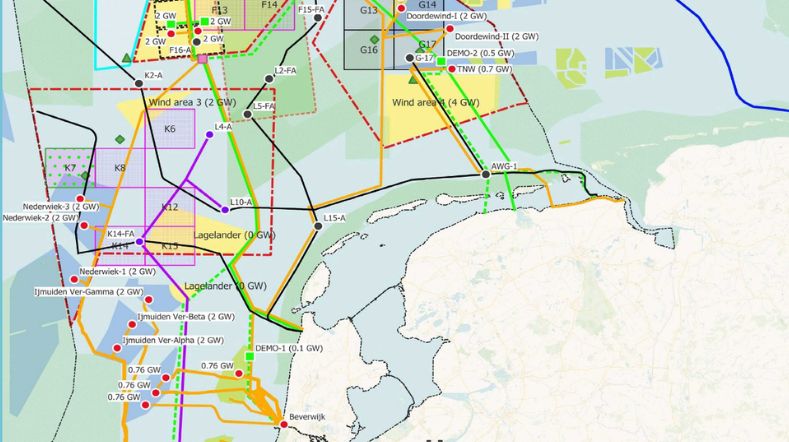
Energy transition: a sustainable future is the only future
Our ambition is to accelerate the energy transition together with knowledge institutions, businesses, and government, to create an energy system in the Netherlands which is free from CO2 emissions by 2050. In addition, we offer the Dutch business community the opportunity to take the lead and export their innovative products. This is how we want to strengthen the competitive position of the Netherlands.
The Energy Transition unit merged with the Circular Economy unit to form a joint Energy & Materials transition unit.
Accelerating the energy transition
In order to achieve the climate targets, it is necessary to accelerate the energy transition. The challenge is to reduce carbon emissions. This can be done by phasing in renewable energy at an accelerated rate, and phasing out fossil energy smoothly, while keeping the energy supply safe, available and affordable. Energy saving is also an important tool. The transition calls for major technical and social changes in all sectors of the economy, in governments and for citizens.
Strengthening the Netherlands competitiveness
The transition to a carbon-free energy system requires technical, social and policy innovations. We conduct independent and internationally renowned research. We stand for an agenda-setting, initiating and supporting role for government, businesses and societal organisations.
Our 4 innovation programmes
Our ambitions are formulated in 4 coherent innovation programmes that are in line with the energy agenda and the coalition agreement. With these programmes, our aim is to achieve:
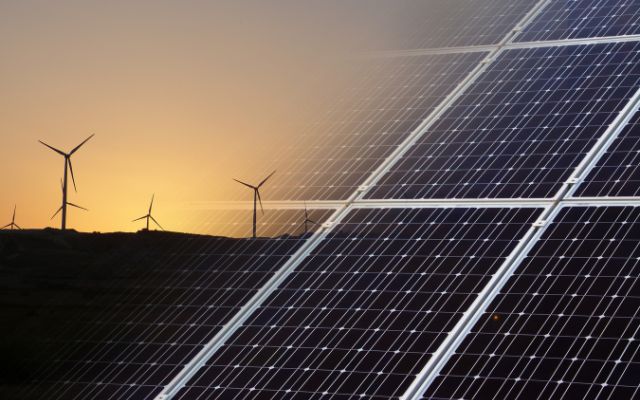
Renewable electricity
The transition from fossil fuels and raw materials to sustainably generated electricity takes time and money. We’re therefore developing technologies to generate electricity from solar and wind more cheaply and more efficiently.
Carbon neutral industry
CO2 emissions in the Netherlands must be drastically reduced. How will we achieve this radical reduction in CO2 levels? We list all measures and innovations.

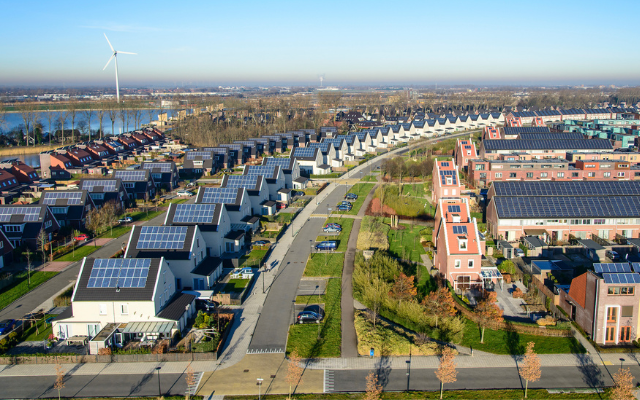
System transition
The energy transition is a complex social issue. Besides technological solutions, economic consequences and social aspects play at least as important a role. Therefore, we research and advise on how to switch to a CO2-free energy system in a fair way.
Sustainable subsurface
Within TNO, the Geological Survey of the Netherlands is organised as a knowledge centre of the subsurface. With state-of-the-art public information, research and technology, we contribute to a sustainable Netherlands.
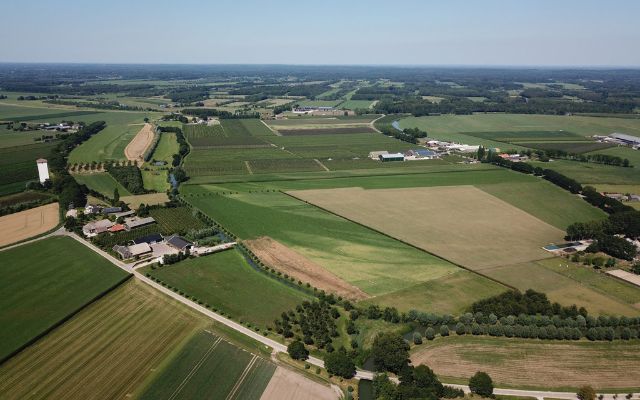
Expertise groups
- Advisory group for Economic Affairs
- Biobased and circular technology
- Heat transfer and fluid dynamics
- Wind energy
- Solar technologies and applications
- GeoScience and Technology
- Solar energy
- CO2 reduction in the Netherlands
- Sustainable process and energy systems
- Sustainable technologies for industrial processes
- Geomodelling
- Energy transition studies
- GeoData & Information Management
- Geo-Information Technology
- Hydrology and Reservoir Engineering
Get inspired
Further growth in geothermal energy production in 2024


Energy infrastructure and transport
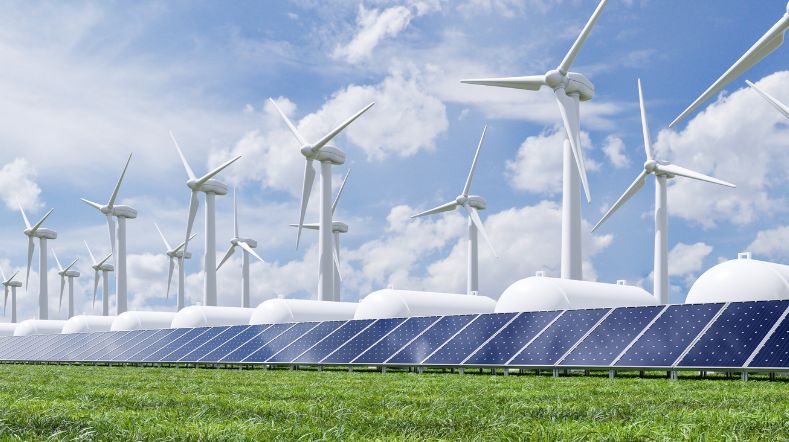

New map reveals coastal resilience and vulnerability across Europe
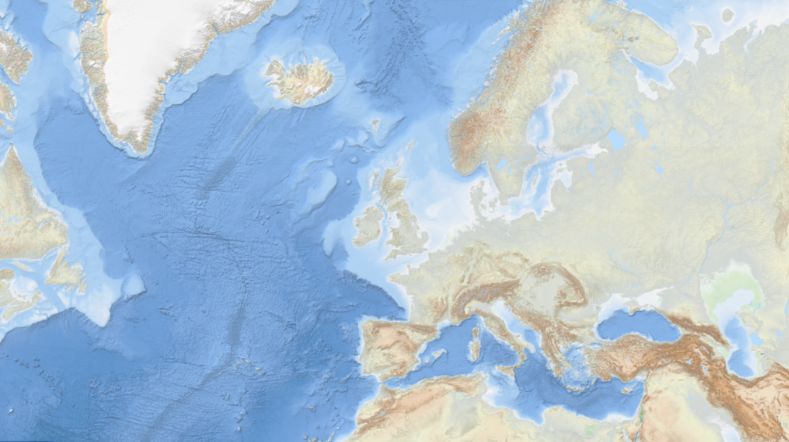

Climate fund applications from the perspective of broad prosperity


The North Sea as Europe's energy heart requires smart choices
